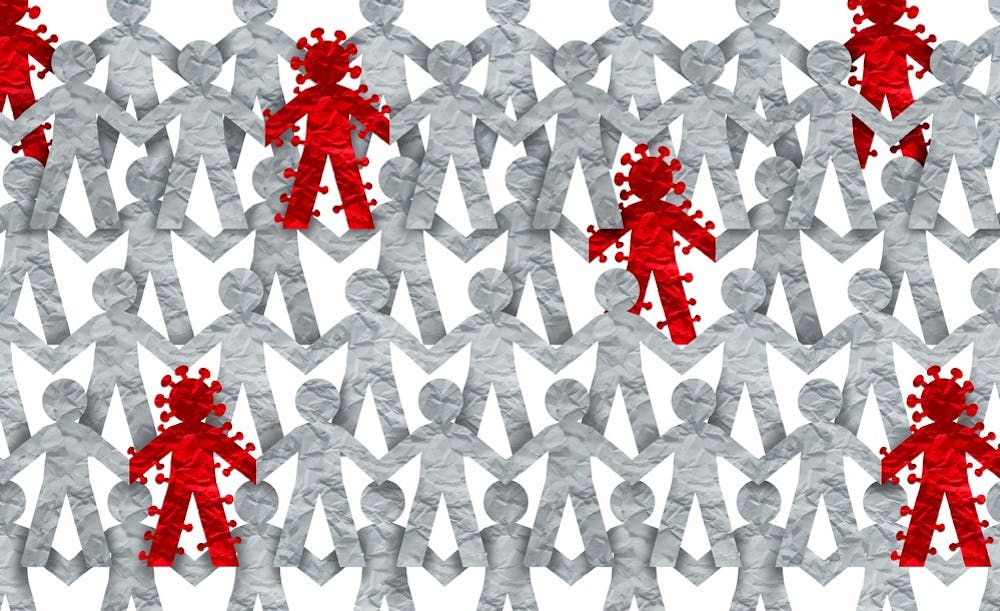According to the World Health Organization (WHO), vaccine hesitancy is a significant problem that threatens global health, mainly when dealing with the coronavirus pandemic. The organization highlighted the importance of counteracting misinformation and other contributing factors.
Experts emphasize that this topic is complex and context-specific, depending on various factors like types of vaccines, location, and time. The lack of scientifically based knowledge about vaccines and other medication often contributes to widespread fear or hesitancy. In addition, many people lack an understanding of vaccine manufacturing processes and their mechanism of action.
In addition, many people believe that vaccines are unsafe and ineffective. Religious beliefs often play an integral role in shaping people's attitudes towards vaccines. Complacency can lead to disease outbreaks and increased mortality rates from preventable diseases.
Hesitancy among healthcare workers is also a major concern for governments dealing with the Covid-19 health crisis. This scenario exacerbates vaccine fear and rejection by the public, compromising the probability of reaching herd immunity. In turn, this problem prolongs the pandemic.
Here are some key reasons behind vaccine hesitancy.
Safety Concerns
Safety is a critical concern that drives anti-vaccine sentiment. In many cases, people believe conspiracy theories they find on social media regarding safety issues around vaccines. For example, many people believe that Covid-19 vaccines are unsafe because of the fast-tracked development process.
Conspiracy theorists also spread rumors about severe allergic reactions and other serious health complications as potential side effects of vaccines. In doing so, the theorists sow fear among the population, leading to widespread vaccine rejection. People demand a higher standard of vaccine safety since healthy people are recipients of this type of medicine. On average, serious health complications or side effects due to vaccinations are infrequent.
The Fear of Needles
A significant number of people are unwilling to vaccinate due to the fear of needles or injections. This type of injury phobia compromises vaccination campaigns and the health of the wider population. Injection phobia is common among adolescents and other age groups. Thankfully, there are treatments capable of helping individuals overcome the fear of needles.
Health experts believe that reducing pain associated with vaccination jabs helps people conquer this type of fear. On the other hand, distraction and tensing the stomach muscles are practical ways to deal with the perceived painful experience.
Preference for Physiological Immunity
It is common for people to prefer physiological immunity versus vaccinations, particularly when it comes to the coronavirus. Perceived risks of Covid-19 jabs contribute to this preference. Thus, people consider infection risk as lesser than the risk of severe complications due to vaccination side effects. Historical infections and vaccinations play an integral role in generating herd immunity.
Widespread Distrust in Healthcare Organizations and Governments
Trust in the authorities and healthcare organizations is a critical factor in determining the acceptability of vaccination programs. As such, misinformation via social or mainstream media can hamper the government's efforts to convince people about the safety and effectiveness of vaccination programs. Therefore, people's perception of pharmaceutical companies, policymakers, and health authorities is vital to the success of any vaccination campaign.
Many believe conspiracy theories that governments or pharmaceutical companies intentionally created the coronavirus and other infectious diseases in laboratories. In addition, different sections of society think that governments and health authorities exaggerate risk associated with specific diseases for political gain.


